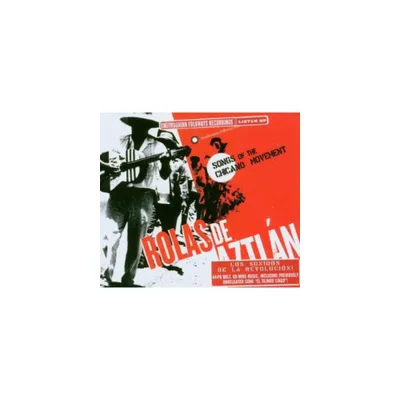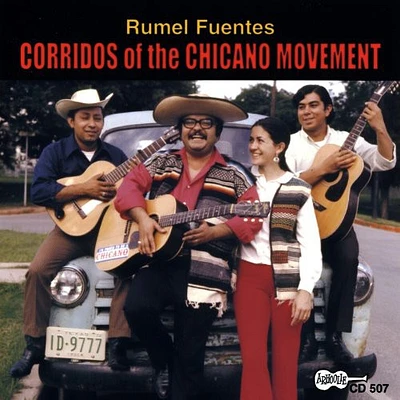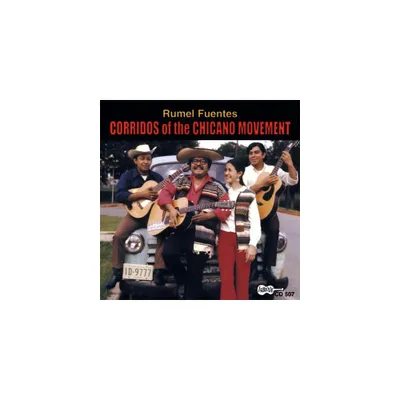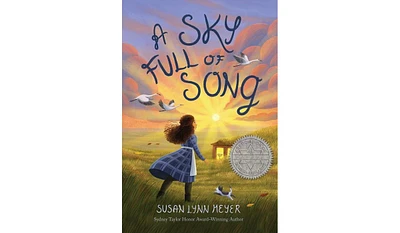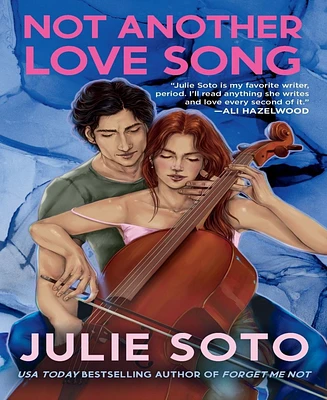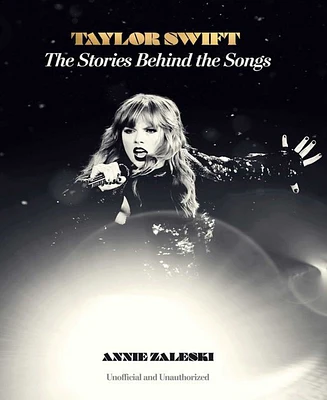Home
Rolas de Aztl¿¿n: Songs of the Chicano Movement
Loading Inventory...
Barnes and Noble
Rolas de Aztl¿¿n: Songs of the Chicano Movement
Current price: $17.99


Barnes and Noble
Rolas de Aztl¿¿n: Songs of the Chicano Movement
Current price: $17.99
Loading Inventory...
Size: OS
*Product Information may vary - to confirm product availability, pricing, and additional information please contact Barnes and Noble
This important collection of
folk
songs from the Chicano movement, which began in the Southwest in the mid-'60s and continues today, covers 30 years of history. The heulga (strike) songs, moviemento (anthems), and the corridos (narrative songs of heroism and valor) come out of many forms including the
conjunto
sounds of the Texas-Mexico border. None of these tunes were recorded for commercial or critical purposes but rather as documents of struggle and inspiration. Most of the music here is on the raw side, immediate and gripping. A listen to the anthem
"Yo Soy Chicano"
from 1973 (which is described in the liner notes as the anthem of identity for the Chicano movement) is deeply moving and immediate. The lyrics attributed to
Juanita Dominguez
were written to the corridor "la Lreilera." (Many of the
huelga
songs were adaptations of other well-known
corridos
and
rancheras
.) There are surprises here, too, including
"De Colores,"
sung by a group of school children from the school of Santa Isabel in East L.A. in 1977 and written by the members of a band called los Lobos del Este de los Angeles, or
los Lobos
, before they made their first recording. There is another song here actually performed by them from 1978, entitled
"El Tilingo Lingo,"
which is a movement dance tune. There are many songs here from the Teatro groups as well, including
"Llegando a los Files,"
from
el Teatro Campesino
, a well-known tune in the
heulga
song repertoire, using the
ranchera
style of Mexico's women singers. And that's the point: the many song forms here all come from the folk, the people themselves. Shared culture allows the various songs offered here to reflect the wide diversity of linguistics, musical and lyrical style, and geography all coming together under an umbrella of unity and a newly emerging identity in North America. Perhaps nothing here is so moving as
"Yo No le Tengo Miedo a Nada"
from 1966. Composed by
Teatro Campesino
co-founder
Agustin Lira
, it's energy, power, and soul-stirring unity takes it out of history and places it in the heart of shared struggle itself.
Rolas de Aztlan
is an original and necessary document of essential American musical history. ~ Thom Jurek
folk
songs from the Chicano movement, which began in the Southwest in the mid-'60s and continues today, covers 30 years of history. The heulga (strike) songs, moviemento (anthems), and the corridos (narrative songs of heroism and valor) come out of many forms including the
conjunto
sounds of the Texas-Mexico border. None of these tunes were recorded for commercial or critical purposes but rather as documents of struggle and inspiration. Most of the music here is on the raw side, immediate and gripping. A listen to the anthem
"Yo Soy Chicano"
from 1973 (which is described in the liner notes as the anthem of identity for the Chicano movement) is deeply moving and immediate. The lyrics attributed to
Juanita Dominguez
were written to the corridor "la Lreilera." (Many of the
huelga
songs were adaptations of other well-known
corridos
and
rancheras
.) There are surprises here, too, including
"De Colores,"
sung by a group of school children from the school of Santa Isabel in East L.A. in 1977 and written by the members of a band called los Lobos del Este de los Angeles, or
los Lobos
, before they made their first recording. There is another song here actually performed by them from 1978, entitled
"El Tilingo Lingo,"
which is a movement dance tune. There are many songs here from the Teatro groups as well, including
"Llegando a los Files,"
from
el Teatro Campesino
, a well-known tune in the
heulga
song repertoire, using the
ranchera
style of Mexico's women singers. And that's the point: the many song forms here all come from the folk, the people themselves. Shared culture allows the various songs offered here to reflect the wide diversity of linguistics, musical and lyrical style, and geography all coming together under an umbrella of unity and a newly emerging identity in North America. Perhaps nothing here is so moving as
"Yo No le Tengo Miedo a Nada"
from 1966. Composed by
Teatro Campesino
co-founder
Agustin Lira
, it's energy, power, and soul-stirring unity takes it out of history and places it in the heart of shared struggle itself.
Rolas de Aztlan
is an original and necessary document of essential American musical history. ~ Thom Jurek
